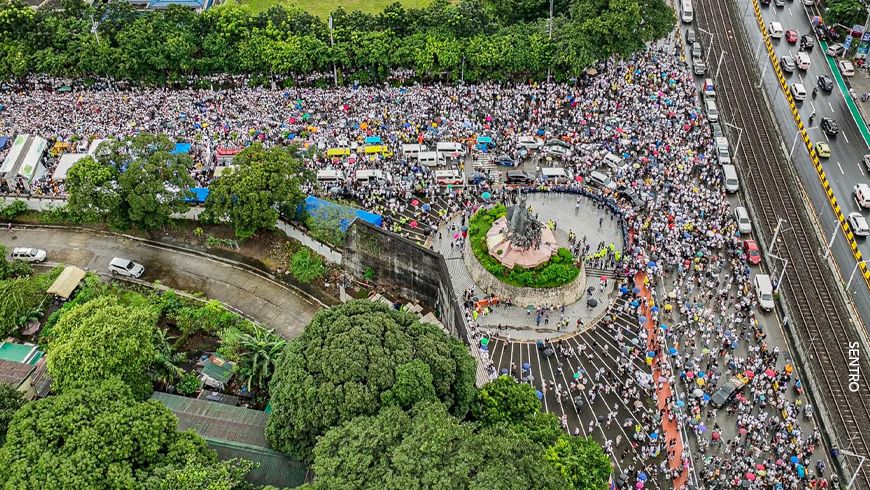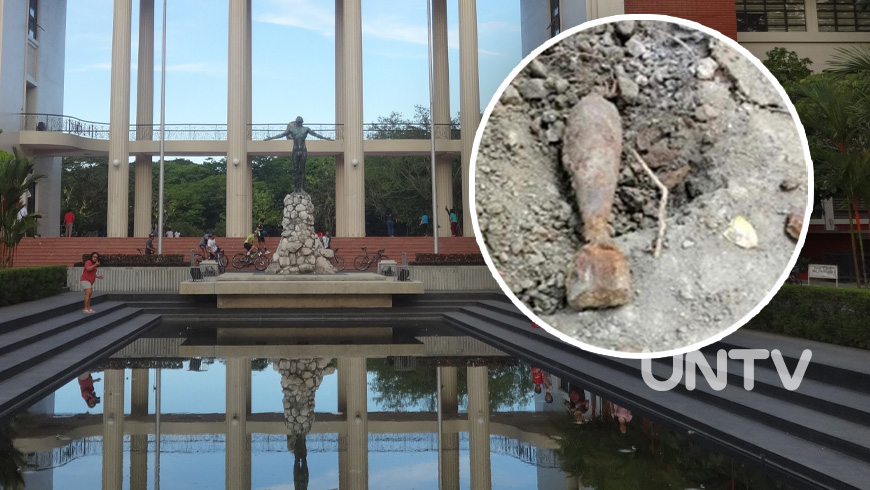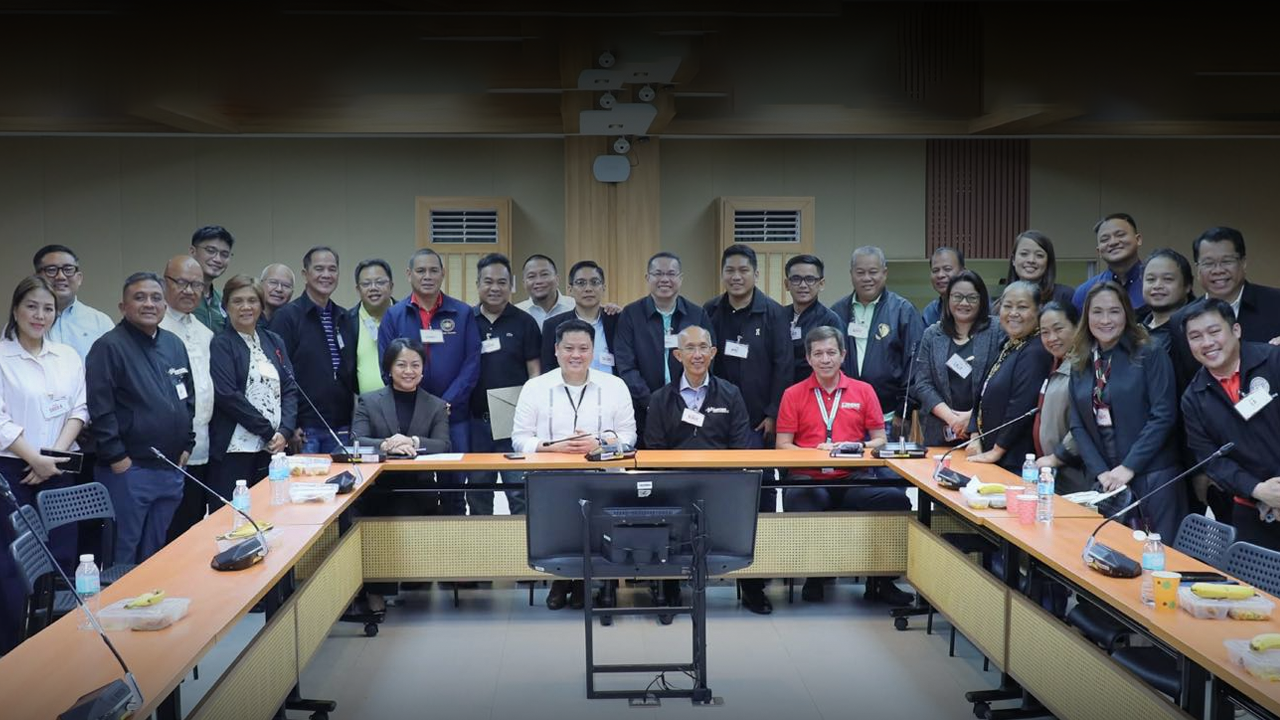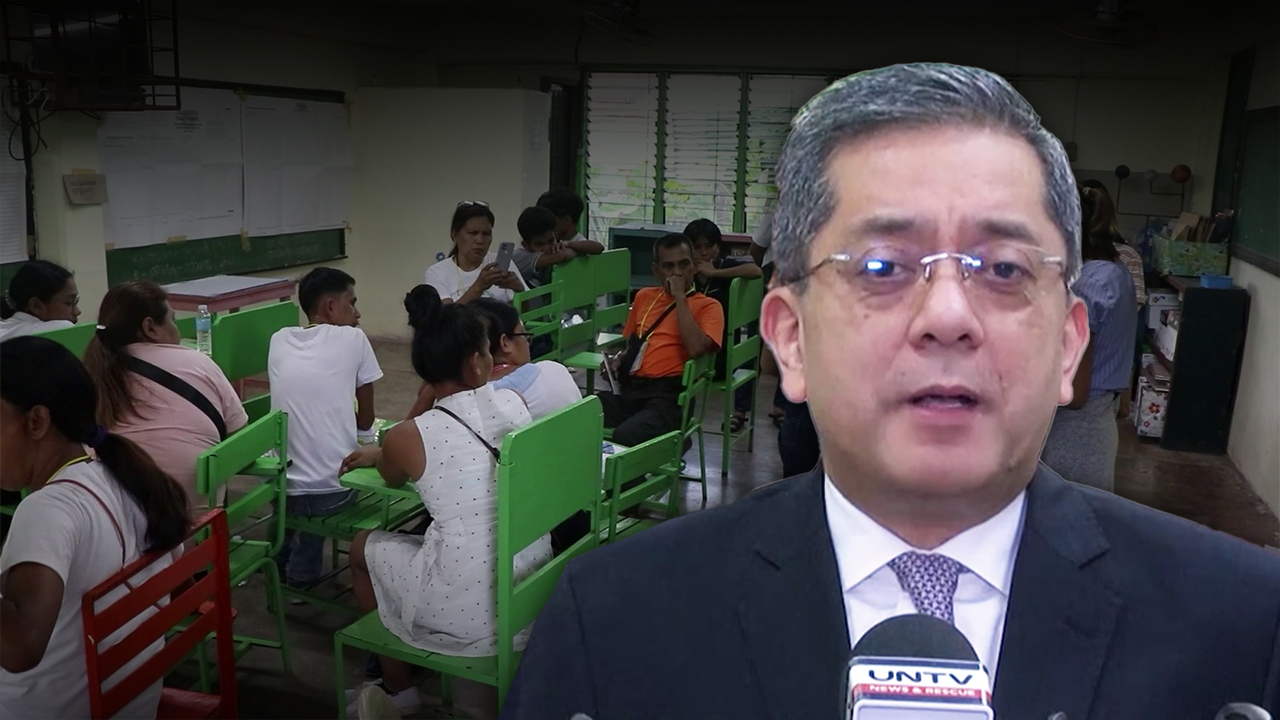The Philippines witnessed its largest anti-corruption demonstration in history last weekend as thousands joined the "Trillion Protest March" across major cities nationwide.
What distinguished this protest from countless others was not just its unprecedented scale, but the massive participation of typically apolitical citizens — including self-described introverts and those who usually avoid public gatherings.
From EDSA to Cebu, from Davao to Baguio, the streets were filled with an unusual mix of protesters. Government employees marched against corruption in their own agencies. Even celebrities who typically avoid political statements, such as Vice Ganda, Iza Calzado, Anne Curtis, and Catriona Gray, actively joined the crowds, their presence amplifying the message that corruption had pushed all Filipinos beyond their breaking point.
Most remarkably, thousands of quiet, conflict-averse Filipinos overcame their natural inclinations to join the crowds, carrying signs that read "So bad the introverts are here."
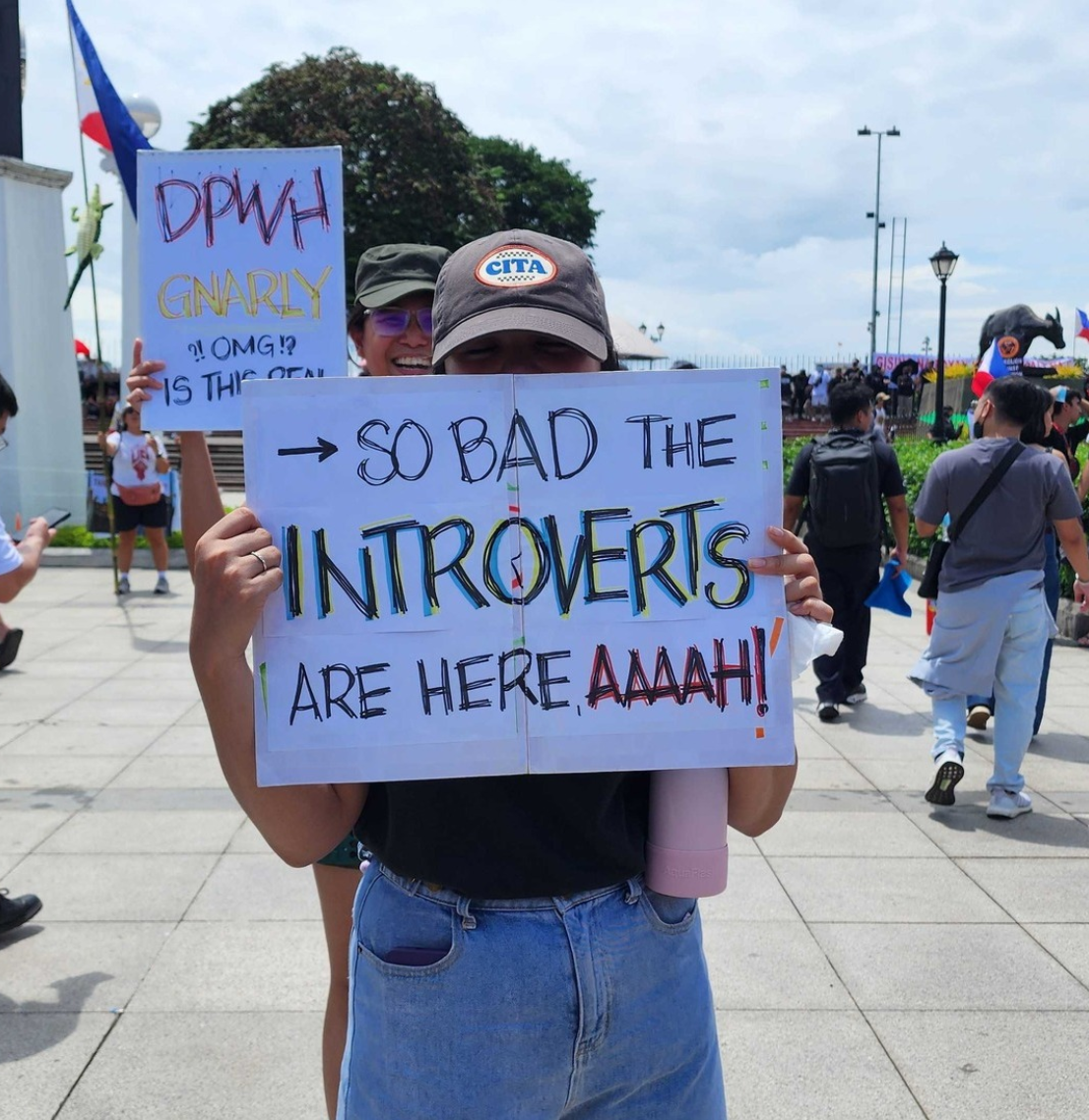
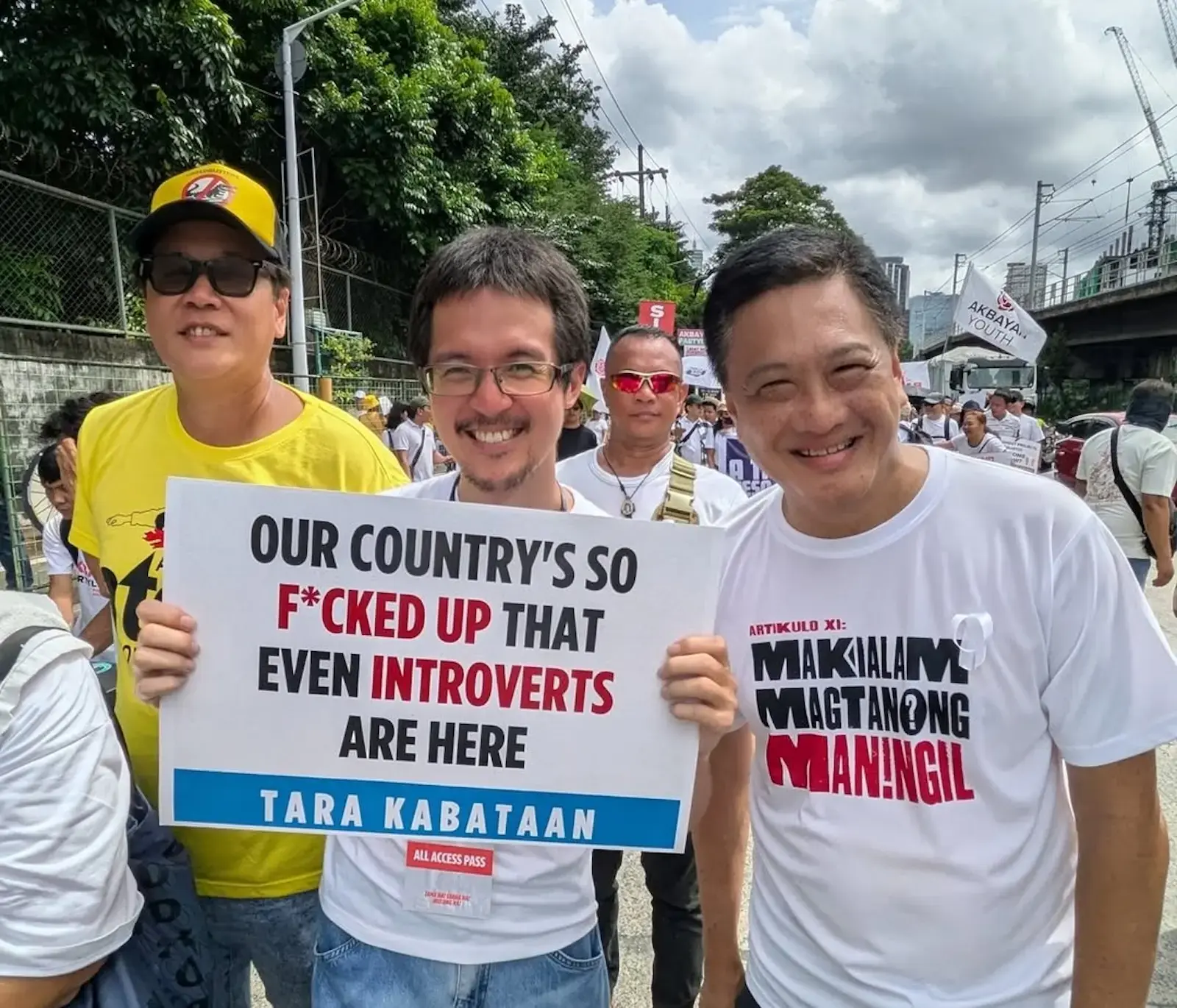
One moment captured the march's essence perfectly: a street vendor shouting, "Ibaba ang presyo ng fishball!" (Lower the price of fishballs!)
While others may see it as a joke, the truth remains — the man’s words speak for many of us. Simple as it may sound, it reflects the bigger struggle we all face: mataas na presyo, mababa ang kita, at patuloy na bigat ng buhay (high prices, low income, and the continuing burden of life). What he shouted is not just about fishballs, it’s about dignity, fairness, and survival.
The quiet ones speak up
Perhaps the most striking aspect of the march was the participation of Filipinos who describe themselves as introverted or conflict-averse. Social media is filled with posts from first-time protesters explaining their decision to overcome their discomfort with crowds because staying silent felt worse than speaking up.
This phenomenon reflects a deeper shift in Philippine society. When citizens who prefer to avoid confrontation feel compelled to protest, it suggests that tolerance for corruption has reached a breaking point. These were not sudden converts to activism - they were ordinary citizens pushed beyond their comfort zones by extraordinary circumstances.
Building momentum for change
The Philippines now faces a critical juncture. The country has experienced cycles of protest and promised reform before, with mixed results. Strong anti-corruption laws exist, but often lack proper implementation. Institutions tasked with fighting graft and corruption frequently operate without sufficient independence or resources.
However, the demographic composition of the “Trillion Protest March” suggests a potential shift in public engagement. The participation of typically apolitical citizens, particularly those who self-identify as introverted or conflict-averse, indicates that corruption has crossed a threshold of public tolerance.
The government must now choose between implementing substantial reforms or facing continued and potentially escalating public demonstrations. The presence of diverse sectors in the protests, including those who traditionally avoid such activities, sends a clear signal about the depth of public frustration.
History shows that successful anti-corruption movements require persistent public pressure beyond initial protests. The march organizers' plans for ongoing monitoring and regular accountability forums represent an attempt to maintain momentum.
The symbolic power of introverts and typically quiet citizens joining the protests cannot be understated. Their participation represents more than individual decisions to overcome personal discomfort, it signals a recognition that the cost of silence has become greater than the discomfort of speaking out.
The Trillion Protest March has set the stage for potential reform. The transformation of this moment into lasting change will depend on the government's response and the public's ability to maintain pressure for accountability.
The participation of millions, including those who would typically avoid such gatherings, has sent an unmistakable message: the tolerance for corruption among ordinary Filipinos has reached its limit.



%201.svg)











